Selling appreciated investment real estate sans exit planning triggers monumental capital gains taxes erasing wealth built over years. Steep levies forcing liquidation burns through equity funding future retirement. But tax-deferral solutions exist - investors can exchange properties while rolling gains into diversified real estate assets like Delaware Statutory Trusts, mirroring 1031 benefits. Essentially trading existing buildings for fractional stakes in larger portfolios defers tax events. Education is essential beforehand so hard-fought empires don't crumble needlessly overnight from lack of vision when vehicles now sustain wealth long-term.



